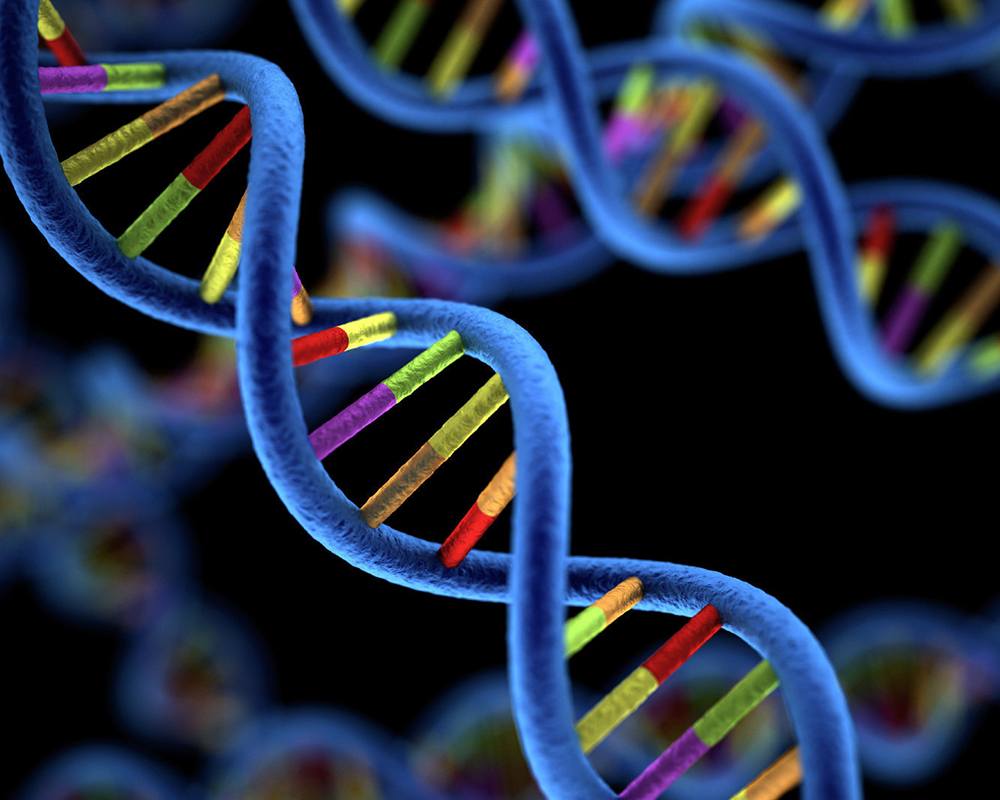Recently, one of our top experts, a female professor in genomics, traveled from London to Melbourne and Sydney to deliver keynote speeches on the power of genomics and how it will transform healthcare and society over the next 5 to 10 years, in terms of how we can detect, manage and prevent diseases. Her expertise, drive and ambition are inspiring and bring deep insights into the future of medicine.
The genomics field recently has attracted a wide range of investors, from both the technology side as well as more purely biotech and healthcare-focused funds. But why is genomics a breakthrough in medicine and why can it change people’s lives?
Extensive genomics research holds the key to overcoming various problems that are often faced by the global healthcare industry. Here are the three major use cases of genomics:
1. Potential to cure previously incurable diseases: Advances in genomics can provide the first real opportunity to cure several diseases that were previously considered to be lethal or incurable. Scientists have identified numerous genetic diseases caused by a single human gene mutation, known as Mendelian diseases, that are likely among the first to be treated successfully by genomics. As more genes are sequenced and aggregated into databases at decreasing cost, scientists will have access to a greater sample size, and able to more accurately verify and validate the genetic causes of illnesses.
2. Rise of predictive-preventive medicine and precision medicine: Precision medicine uses the patient’s genetic information to select the most appropriate treatment option for an illness. Although historically doctors have been asking patients about their family history, advances in genome sequencing and bioinformatics make this information more reliable and easier to access. Further research into human genetic variation should therefore help to explain why some treatment strategies work better than others for any given patient and develop customized treatments. Over the next few years, it is likely that every newborn child will have their own genome processed and sequenced as part of their electronic medical record and other health data. This would help the parents to obtain early insights into their children’s health and aim to prevent potential diseases. Moreover, pregnant women will be able to opt for non-invasive prenatal testing, to determine whether a baby may suffer from chromosomal diseases.
3. Pharmacogenomics: Not all medicines work for every person. Anyone who ever had allergies can tell you that. With genome sequencing, however, doctors will be able to predetermine whether a certain drug could be effective for a patient before prescribing it to them or could even create customized drugs for a given patient.
The rise of genomics and precision medicine is expected to change the perception and provision of healthcare.
The convergence of human biology with technological advances like big data, advanced analytics, scalable computing power should provide extensive insight into how all sorts of diseases impact humankind and, more importantly, how they can be avoided. From using innovative therapies to altering our own DNA, the broad potential of genomics to transform health care creates a compelling thematic opportunity to invest.


